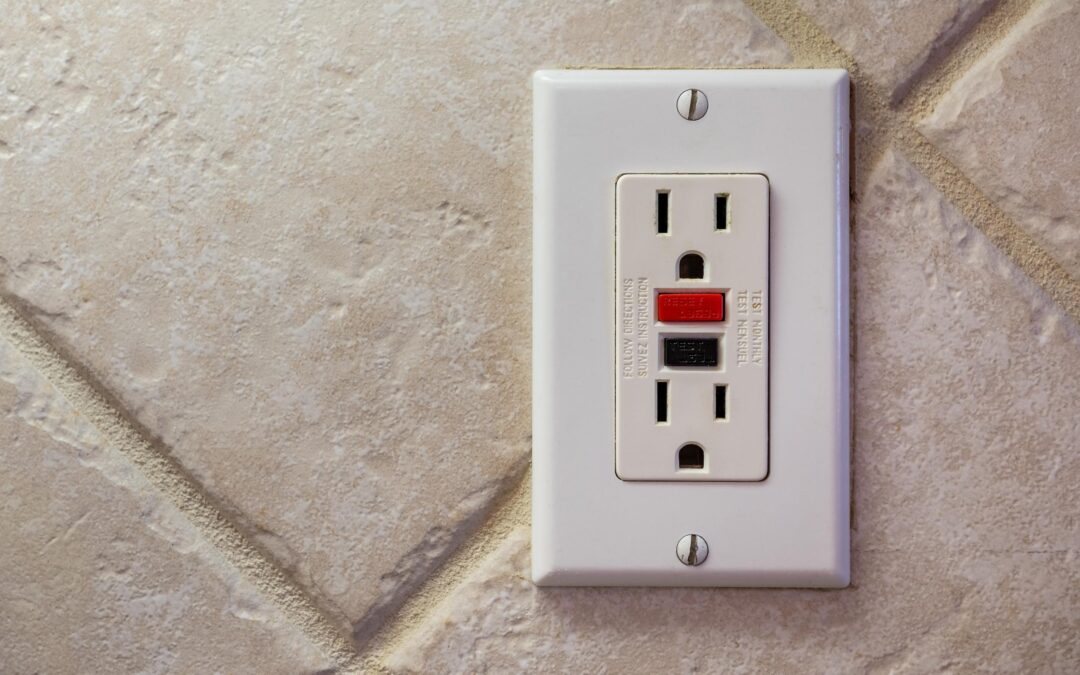GFCI and AFCI outlets are two types of electrical safety devices commonly found in residential homes. GFCI, or Ground Fault Circuit Interrupter, outlets are designed to protect people from electrical shocks caused by ground faults or current leakage. These outlets have a built-in circuit breaker that trips when it detects a difference in the amount of current flowing through the hot and neutral wires, which indicates a ground fault. This quick response time can prevent electrical shocks that could result in serious injury or death.
AFCI, or Arc Fault Circuit Interrupter, outlets are designed to protect homes from electrical fires caused by arcing faults. Arcing faults occur when electricity jumps from one wire to another, creating sparks that can ignite flammable materials. AFCI outlets use advanced circuitry to detect these arcs and interrupt the electrical flow before a fire can start. This is particularly important in older homes where outdated wiring may be more susceptible to arcing.
One key difference between GFCI and AFCI outlets is the type of fault they are designed to detect. GFCI outlets are designed to detect ground faults, while AFCI outlets are designed to detect arcing faults. This means that GFCI outlets are more effective at protecting people from electrical shocks, while AFCI outlets are more effective at preventing electrical fires.
Another difference between GFCI and AFCI outlets is their location. GFCI outlets are typically installed in areas where water is present, such as kitchens, bathrooms, and outdoor areas. This is because water can conduct electricity and increase the risk of ground faults. AFCI outlets, on the other hand, are typically installed in bedrooms and other living areas, where electrical fires may be more likely to occur due to factors such as frayed wiring or overloaded circuits.
In summary, while both GFCI and AFCI outlets are important safety devices in residential homes, they serve different purposes. GFCI outlets protect people from electrical shocks caused by ground faults, while AFCI outlets protect homes from electrical fires caused by arcing faults. Both types of outlets are designed to quickly interrupt electrical flow in order to prevent serious harm, and should be installed by a licensed electrician to ensure proper function and safety.

